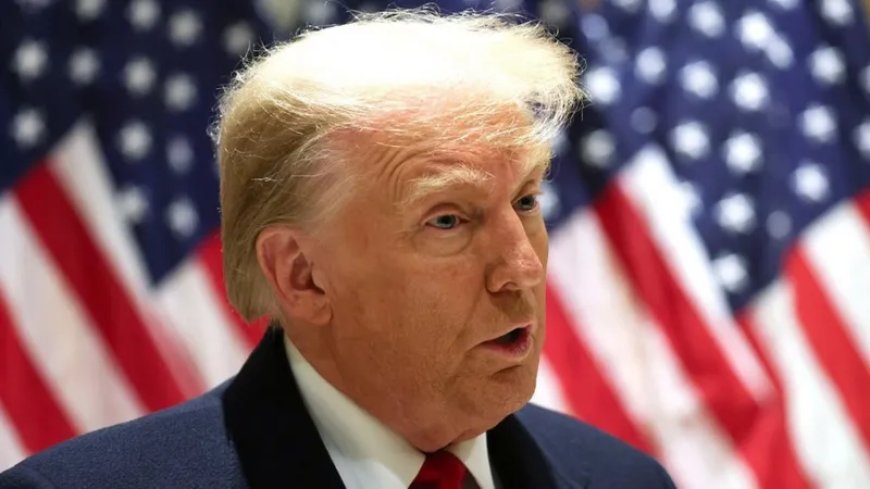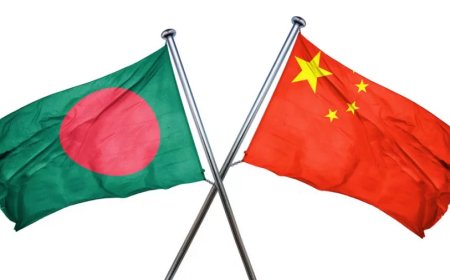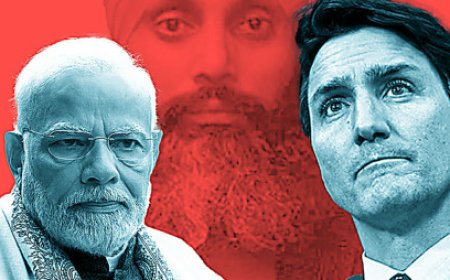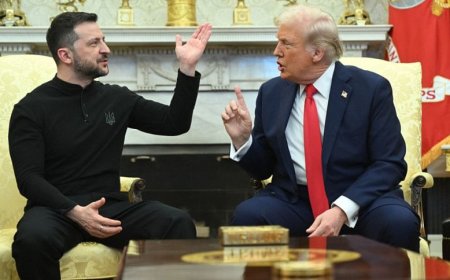Trump imposes new travel ban on 12 countries
Trump imposes new travel ban on 12 countries

Trump Signs Sweeping New Travel Ban Affecting 12 Nations
U.S. President Donald Trump on Wednesday enacted a sweeping new travel ban impacting 12 countries, including Afghanistan, Iran, and Yemen—reviving a controversial policy from his first term.
According to Trump, the decision was prompted by a recent incident in Colorado, where a makeshift flamethrower was used in an attack on a Jewish protest. U.S. officials attributed the assault to a man they claim was residing in the country unlawfully.
The order targets nationals from Afghanistan, Myanmar, Chad, the Republic of the Congo, Equatorial Guinea, Eritrea, Haiti, Iran, Libya, Somalia, Sudan, and Yemen. In addition, partial travel restrictions were imposed on seven more nations: Burundi, Cuba, Laos, Sierra Leone, Togo, Turkmenistan, and Venezuela.
The new restrictions are set to take effect on Monday, the White House confirmed.
Speaking from the Oval Office in a video posted to X, Trump said, “The recent terror attack in Boulder, Colorado, has highlighted the severe threats posed by inadequately vetted foreign nationals entering our country. We don't want them.”
Trump drew parallels between this latest move and his 2017 travel ban, which affected several majority-Muslim countries and led to global travel disruptions. He claimed that earlier measure prevented terrorist incidents similar to those seen in Europe.
“We won’t allow America to suffer the same fate as Europe,” Trump stated. “We must stop immigration from countries where reliable vetting isn’t possible. That’s why I’m issuing a new executive order placing travel limits on nations like Yemen, Somalia, Haiti, Libya, and others.”
In response, Venezuelan Interior Minister Diosdado Cabello warned against travel to the U.S., saying, “Being in the United States now carries great risk for anyone, not just Venezuelans.”
The announcement is expected to face legal opposition, as have many of Trump’s controversial initiatives since returning to office.
‘Foreign Threats Must Be Stopped’
The White House released the ban abruptly, shortly after Trump addressed an audience of around 3,000 political appointees from his residence’s balcony during a celebratory "summer soiree."
Unusually, Trump signed the executive order behind closed doors, without the presence of the press—a stark contrast to his previous high-profile policy unveilings.
Speculation about a new travel ban had been swirling since the Colorado attack, with administration officials vowing to take action against “terrorists” living in the U.S. on expired visas.
Authorities identified the suspect, Mohammed Sabry Soliman, as having overstayed a tourist visa and noted that he had filed an asylum application in September 2022. He is accused of hurling incendiary devices and gasoline at a pro-Israel demonstration.
“President Trump is delivering on his commitment to shield Americans from dangerous foreign actors who seek to harm us,” said Deputy Press Secretary Abigail Jackson in a post on X. “These targeted restrictions focus on countries with poor vetting processes, high visa overstay rates, or inadequate security information-sharing.”
The official proclamation outlined specific justifications for each of the affected countries, citing risks from terrorism and other national security concerns.
In the cases of Afghanistan, Libya, Sudan, Somalia, and Yemen, the order pointed to the lack of stable governments capable of processing travel documents and conducting proper background checks.
Yemen, a site of active U.S. military operations against Iranian-backed Houthi rebels, was highlighted for its ongoing conflict. Iran, meanwhile, was designated a state sponsor of terrorism amid ongoing nuclear negotiations with Washington.
In many of the other countries, the primary concern cited was the high probability of visa overstays.
Separately, Trump also declared a new restriction on student visas for individuals set to begin studies at Harvard University, intensifying his crackdown on what he perceives as left-leaning institutions.
What's Your Reaction?





















































































